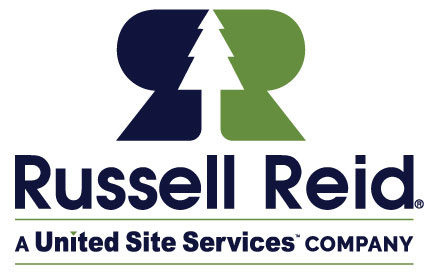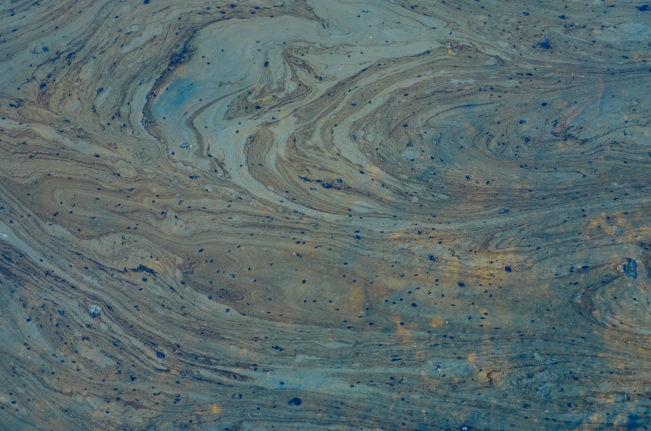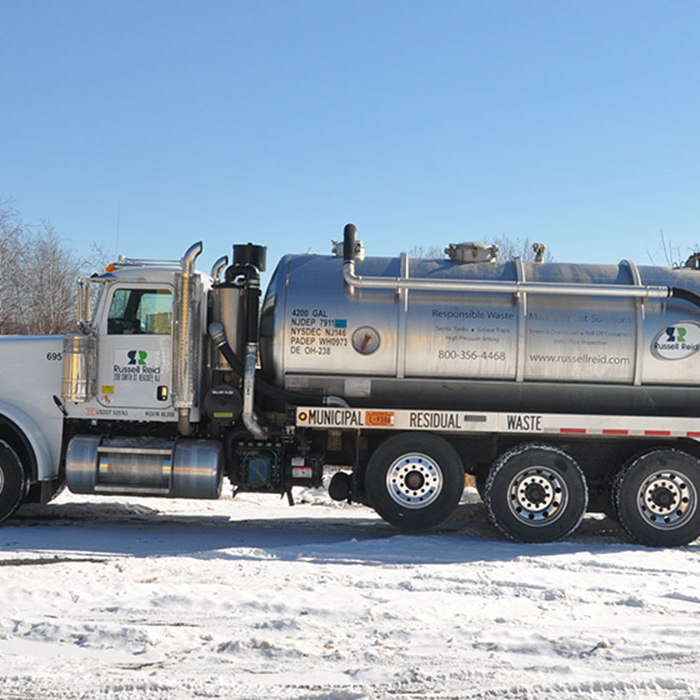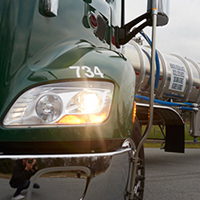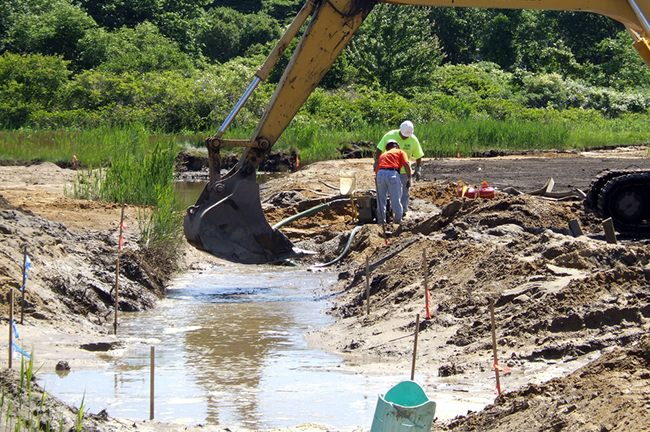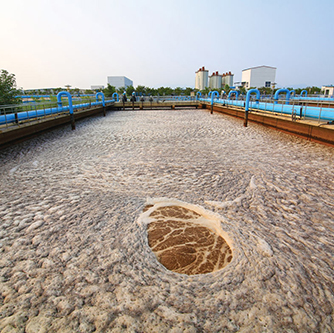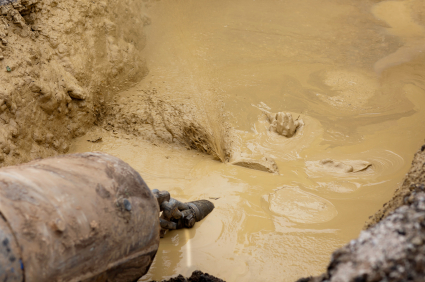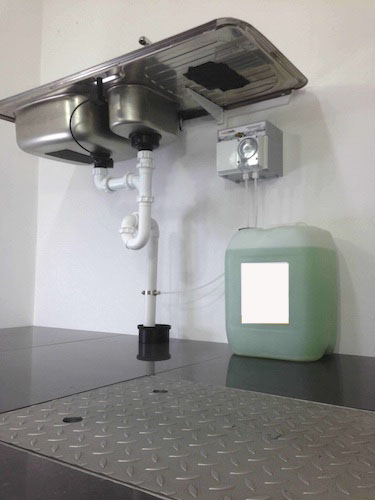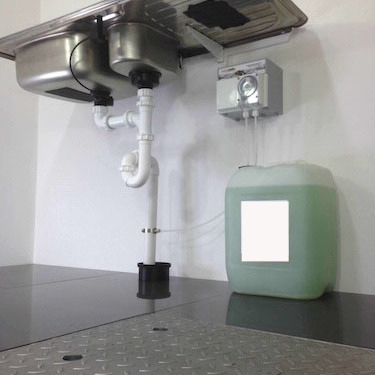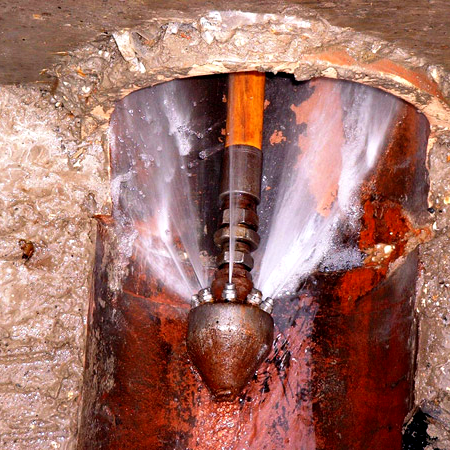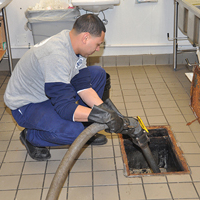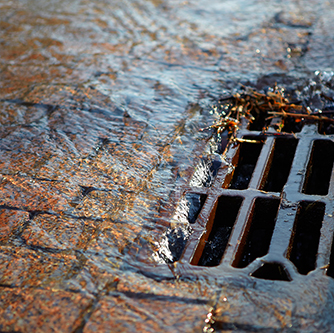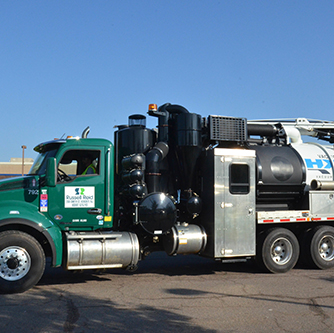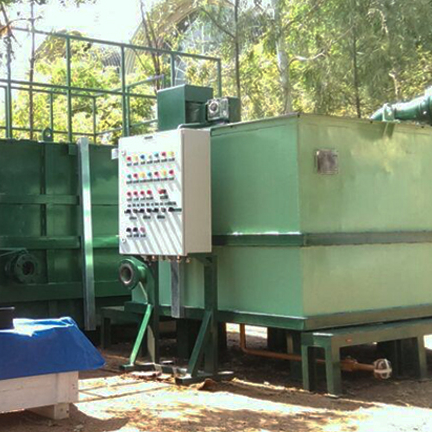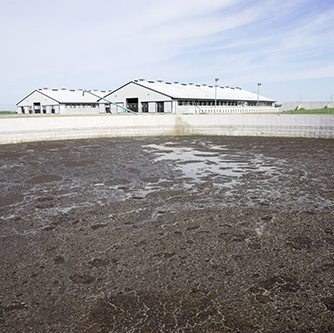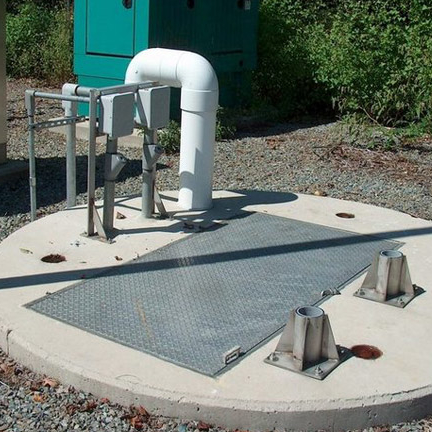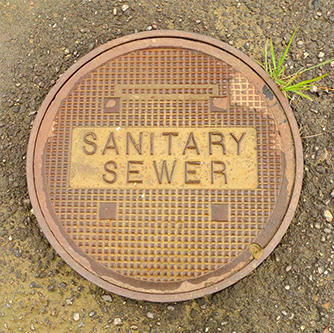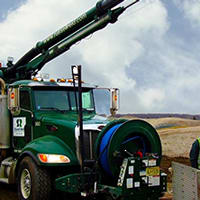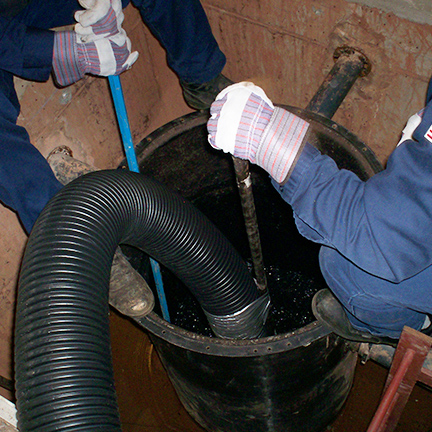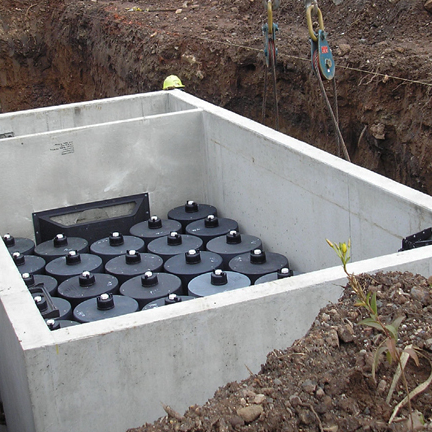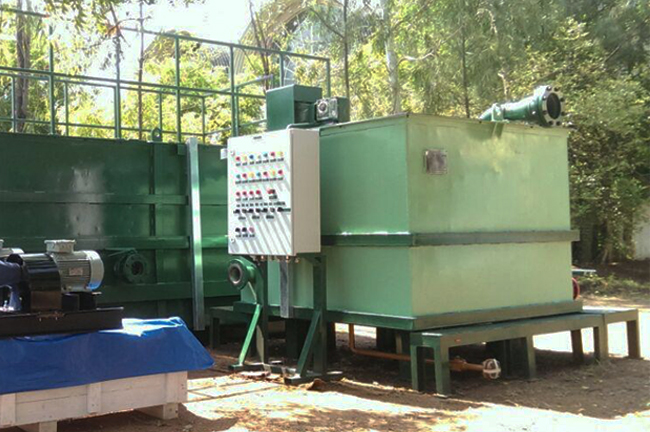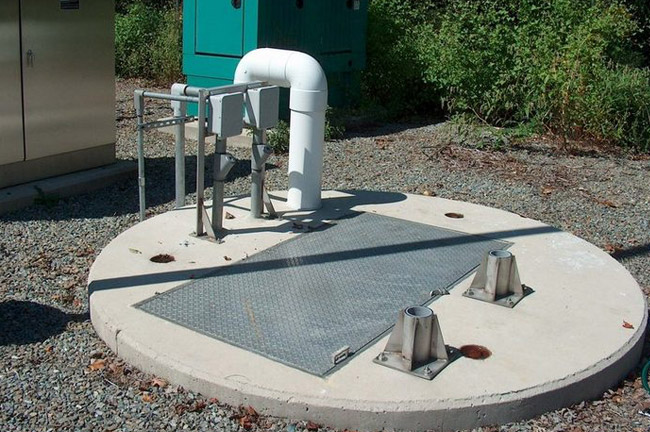Oily / Petroleum Contaminated Wastewater
Russell Reid is your competent and compliant source for the removal, transportation and disposal of petroleum contaminated wastewater.
Petroleum contaminated wastewater falls into the category of industrial wastewater and is regulated for disposal at and above 100 parts per million. Petroleum contaminated wastewater is prohibited from disposal at municipal sewerage treatment plants. Not what you’re looking for? View other Transportation & Disposal Services
Russell Reid is an expert in finding the most cost effective and compliant disposal options for your petroleum impacted groundwater, storm water runoff, bilge water and oil water separator residual wastewater. Whether it is generated from vehicle service bays, car washes, fuel storage areas, transport facilities, storm water collection and treatment systems, Russell Reid will deliver value, professionalism and peace of mind that your waste was properly managed.
Russell Reid is available on short notice, or sign up for our periodic maintenance plan where we can provide a scheduled service according to your facility specifications.
Transportation & Disposal Services
Ground Water
Let Russell Reid manage your site dewatering requirements with onsite storage and offsite disposal that is both compliant and cost effective.
Onsite disposal of groundwater is not always an option while investigating or excavating. Typically, the property owner or project manager is responsible for the removal of accumulated ground and storm water from an excavation or collection point and may not simply discharge excess water onto the adjacent land or into an adjacent sanitary or storm system.
At the least a permit is required and many times, water quality requirements mean pre-treatment, recurring testing, and permitting fees. Russell Reid has a network of disposal options into trucked in waste disposal facilities that are a compliant and cost effective alternative to the rigors of securing and maintaining an onsite permitted discharge when it’s even available. Not what you’re looking for? View other Transportation & Disposal Services
Groundwater in our region can vary in quality depending on its contact with current and historic ambient contamination in the soil. Commercial and industrial waste generators prior to the 1972 Clean Water Act dumped hazardous and toxic materials onto their property. Industries long gone have left a legacy of contamination deep into the landscape including metals, volatiles, pesticides, herbicides, PCB’s, and other constituents of concern. Russell Reid understands the disposal landscape and our years of experience assure you the best qualified approach to your site’s groundwater disposal needs.
Transportation & Disposal Services
Sewer Sludge
Sanitary sewer sludge is semi solid or solid waste extracted in the process of sewage treatment.
From private community package treatment plants to larger municipal sewer authorities, we offer cost effective, expert sewer sludge pumping, transportation and disposal. Our fleet of state of the art aluminum vacuum trailers and vacuum trucks provide clean, consistent and reliable transportation services that will keep your facilities looking good. Not what you’re looking for? View other Transportation & Disposal Services
Sewer sludge producing wastewater treatment facilities require responsible and responsive vacuum truck service to keep operations running smoothly. As experts in the field we know you service schedule is paramount to running the plant efficiently. Five loads a day or five loads a month Russell Reid is prepared to meet your demanding needs. Whether you contact us as needed by phone, or dedicated e-mail, we are available 24/7.
Transportation & Disposal Services
Bentonite Slurry
Bentonite is an absorbent clay often used by utility contractors in the horizontal drilling and geotechnical engineering industry.
Sites using bentonite, for either horizontal drilling or slurry wall construction, recycle the displaced product. When the bentonite slurry becomes “spent”, no longer having beneficial properties, or at project completion, there is a need for disposal. Not what you’re looking for? View other Transportation & Disposal Services
Small quantities of bentonite suspended in water form a viscous, shear thinning material often referred to as bentonite slurry. At high enough concentrations, bentonite suspensions begin to take on the characteristics of a gel. For these reasons, it is a common component of drilling mud used to curtail drilling fluid invasion by its propensity for aiding in the formation of mud cake.
Bentonite is also used in the construction of slurry walls. These walls are used to build tunnels and to lay foundations in areas where soft earth is too close to open water or in areas with high groundwater tables. For instance, slurry wall construction was used to construct the “bathtub” that surrounded most of the World Trade Center site.
Sites using bentonite, for either horizontal drilling or slurry wall construction, recycle the displaced product. When the bentonite slurry becomes “spent”, no longer having beneficial properties, or at project completion, there is a need for disposal.
Spent bentonite product is typically handled in the following ways. Construction sites will often deploy the use of bulk liquid storage tanks or frac tanks to contain and temporarily store the slurry prior to disposal. Vacuum trucks may be used to remove the product from the bulk liquid storage tanks and transport it to an approved disposal facility. Any residual solids or drill cuttings that can not be pumped may be placed in roll-off containers which are then transported for disposal.
Our team is well versed in the proper handling of spent bentonite. We can supply bulk liquid storage tanks for on site storage as well as vacuum trucks services or roll off containers for transportation and properly manifested disposal of the waste at an approved disposal facility. Recently, our team was arduously tasked with providing transportation and disposal for approximately 300,000 plus gallons of bentonite slurry from the World Trade Centers site.
Transportation & Disposal Services
Automatic Biological Additives
Bacteria are nature’s way of breaking down organic material and serve as a necessary part of an any wastewater treatment. This is especially important in the maintenance of grease traps.
Automatic Biological Additives can be pumped directly into your interior or exterior grease trap through the main drain lines at your food service facility. This helps to your grease traps is separating liquids from solids before the wastewater goes into the sewer. Not what you’re looking for? View other Grease & Restaurant Services
Grease & Restaurant Services
Storm Sewer / Water
Storm sewers and catch basins are the underground pipes and pits that create the infrastructure for storm water collection and management.
These essential facilities are found alongside roads, parking lots, and other impermeable surfaces to control the flow of rain water during rainfall events. As rainwater collects onto these surfaces, dirt, grit, sand, and other debris are washed into the catch basins and flow down the storm sewer. Learn more about our maintenance service with Stormwater Treatment Devices. Not what you’re looking for? View other Infrastructure Maintenance Services
Storm water is ultimately discharged into a retention basin, creek, river, or other location. While most of the storm pipes connecting the catch basins to the discharge area are designed to self clean, it is fairly routine for the pipes and catch basin to be maintained with vacuum cleaning, and high pressure water jetting.
We provide both of these services together or separate with our fleet of Combination Sewer Jet Vacs. As necessary, we will also arrange transportation and disposal of any waste or debris collected in our Roll-Off Trucks and Containers.
Since storm water run off is now known to be a major source of non-point source pollution, new regulations and system designs often require routine cleaning. Motor oil, industrial lubricants, solid waste and other contaminants are often found in catch basins and retention areas that used to manage stormwater flow. Proper care and maintenance of this important infrastructure is vital to your real estate investment and the protection of our environment.
Infrastructure Maintenance Services
Oil Water Separators
Designed for the removal of oil from wastewater, oil water separators are part of the sewer infrastructure that require periodic cleaning and maintenance.
Russell Reid supplies complete oil water separator cleaning including the removal, transportation and disposal of oily wastewater, grit, and solids. Routine maintenance prevents oil from escaping the separator into the sanitary sewer, and causing excessive buildup of grit and sludge. Not what you’re looking for? View other Infrastructure Maintenance Services
Oil water separators can be located in ground or above ground and come in countless sizes and configurations. Russell Reid has the expertise and experience to evaluate oil water separator systems and supply efficient cleaning and responsible disposal.
Oily wastewater, grit and sludge is removed from the separator using vacuum trucks, and if necessary high pressure water jetting may be included to scour and clean the inlet, outlet, and other separator components. Wastewater is transported to an appropriate oily wastewater treatment facility for recycling. To view this process click here
Russell Reid is available on short notice as needed, or sign up for our periodic maintenance plan where will routinely schedule service according facility specifications.
Infrastructure Maintenance Services
Digester / Lagoon
Russell Reid offers over 60 years of expertise in cleaning municipal digesters and lagoons, as well as other non hazardous industrial treatment systems.
Our staff of trained operators, project managers, and senior managers enables us to provide turn key solutions. With access to numerous public and privately owned treatment facilities, our long term relationships mean a quick approval process and cost effective pricing. Not what you’re looking for? View other Infrastructure Maintenance Services
Infrastructure Maintenance Services
Pump Station
Pump stations, ejector pits, and lift stations all refer to the same type of basic system: a series of electric pumps, floats and valves located in a pit or well to move wastewater from one place to another.
These systems are usually part of a wastewater system where liquids must be pumped to a high elevation. At this point, the sewerage can flow by gravity or under pressure to a sanitary sewer collection system; or in some cases it can flow to a septic drain field. Not what you’re looking for? View other Infrastructure Maintenance Services
Pump station systems require occasional cleaning and maintenance. In these cases, we offer a combination service of high pressure jet washing and wastewater pumping to remove grease and solids from the floats, pumps, walls and floor of the station where this material often accumulates. The service is provided as a preventative maintenance or in many cases, on an emergency basis.
We also provide a standby service, where a vacuum truck will pump all wastewater flowing into the pit, if the pumps are broken down or in disrepair. This may be supplied on an emergency basis or while the pumps are being repaired, replaced, or both.
Infrastructure Maintenance Services
Sanitary Sewer
A sanitary sewer collection system begins with the smaller pipes found in commercial, residential and industrial buildings that connect the toilets, sinks, showers, and drains.
We supply the equipment and expertise to pump, clean, and maintain sanitary sewer systems and pump stations. Our combination sewer Jet Vacs and High Pressure Sewer Jetting trucks are designed for pumping and cleaning residual waste from sewer infrastructure. In some cases, routine maintenance may require transportation and disposal or OSHA approved confined space entry for difficult to access system components. Not what you’re looking for? View other Infrastructure Maintenance Services
These smaller pipes are connected to larger, underground pipes that send the flow of wastewater out of the building and into a larger system. This series of pipes carries wastewater to a septic system or large plant for treatment.
As the pipes get larger on the way, there may be mechanical pumps which are used to bring the wastewater from lower elevations to higher elevations. The mechanical pumps, also known as pump stations, ejector pits, or lift stations, are located inside or outside of buildings; these are owned by privately or publicly.
Together, these components make up the sanitary sewer system infrastructure. As with any infrastructure, routine maintenance is required to keep the system in good working order.
Infrastructure Maintenance Services
Nothing found.


